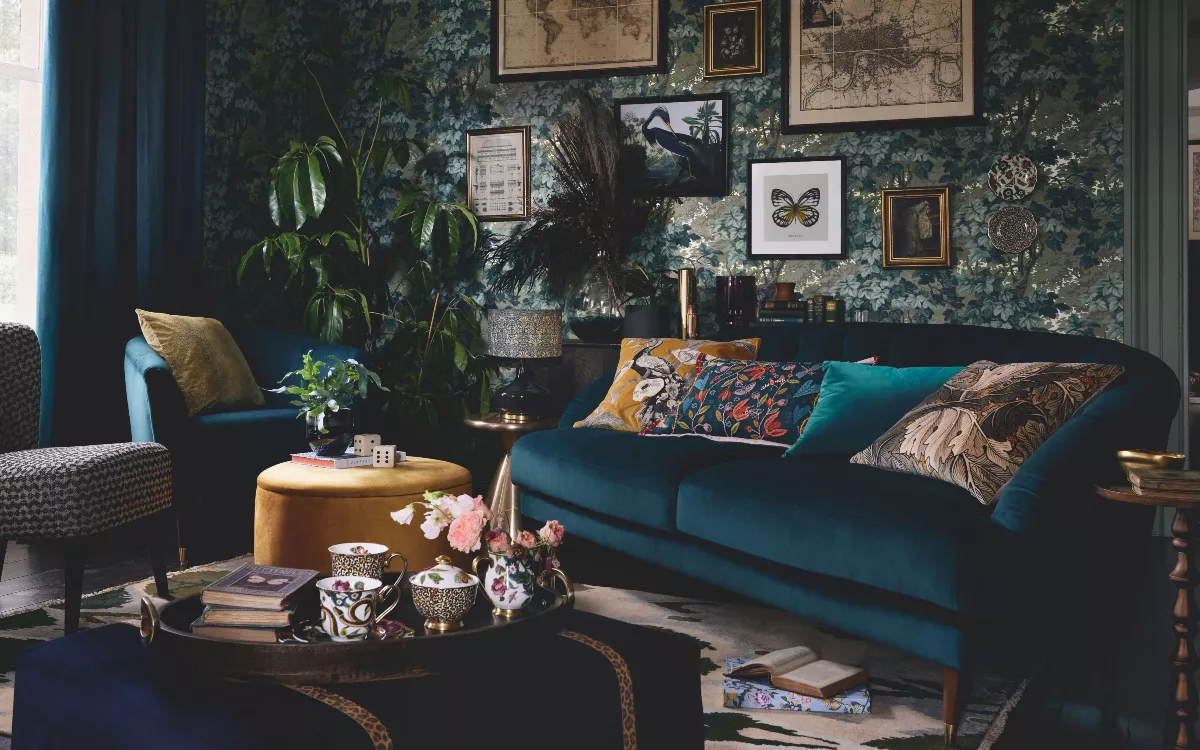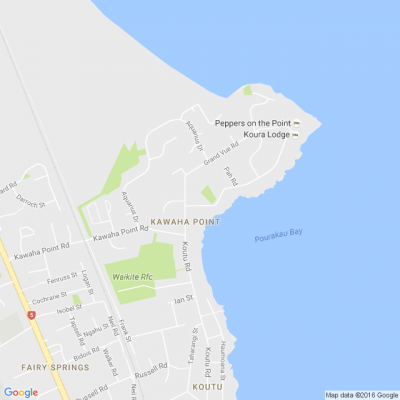For the Love of Velvet
For anyone wanting to add everlasting interest to their home, you can’t look past velvet! This is a fabric that’s as rich in textile history as it is in texture with incredible durability that may surprise you.
Velvet fabric fuses a historical sense of luxury and indulgence with a plush, practical comfort that has a timeless style, sure to outlast any momentary design trends. With its silky sheen and rich colours, velvet holds a specific seductive quality that no eye for elegance can resist the allure of.
For a fabric that feels like a soft, buttery hug the unique piles have a hard-wearing quality that will ensure your velvet curtains, cushions or furniture will continue to be loud and daring or subtly sophisticated for years to come.
History of Velvet
The history of velvet is one of luxury and meticulous construction. It is believed the material was first introduced in Baghdad around 750 A.D. The original velvet material was made from silk and therefore naturally reserved for royalty and other notably wealthy classes that could afford the exorbitant cost.
Velvet eventually travelled to Europe on the Silk Road and gained popularity during the Renaissance. At the same time, new loom technology lowered the production costs and therefore widened the availability to fabric lovers of all classes. Fast-forward to the 21st century and velvet fabric can be found in almost every home, transcending and outlasting interior trends to suit any home decor for years on end.
How is Velvet Made?
Velvet is made in a very unique way. It is woven on a double piece loom that makes two pieces of fabric simultaneously with the velvet pile encased in the middle. It is then separated, creating the three-dimensional texture velvet is known for.
While the first velvets were made from silk, more recent adaptations in the production process means velvets can now be made from natural or synthetic fibres such as polyester, nylon, viscose, or rayon.
Classic plain velvet will then be sheared to ensure the pile is a consistent length and often brushed while moist to achieve a nice uniform grain across the fabric. If the fabric is destined to boast a pattern, at this point in the process it will be crushed, embossed or snipped to different lengths to ensure this pattern is part of the pile’s identity for the life of the fabric.
Velvet is then dyed to produce amazing, rich colours that are accentuated by the three-dimensional texture.
Durability of Velvet
Due to the aura of luxury surrounding velvet and the fact that it was originally made from silk, there’s a preconception that it’s delicate and requires gentle, loving care to stay pristine. We’re here to set the record straight!
Keep reading: www.curtainclean.co.nz...

Poll: As a customer, what do you think about automation?
The Press investigates the growing reliance on your unpaid labour.
Automation (or the “unpaid shift”) is often described as efficient ... but it tends to benefit employers more than consumers.
We want to know: What do you think about automation?
Are you for, or against?

-
9.4% For. Self-service is less frustrating and convenient.
-
43.5% I want to be able to choose.
-
47.1% Against. I want to deal with people.
Fundraining for Bowl Cancer
Hi,
This February, I am taking part in Move your Butt for Bowel Cancer and will be conquering 200km for the 100 Kiwis who die from bowel cancer every month.
My goal is to raise funds for Bowel Cancer NZ to support patients, raise awareness and fund research to beat bowel cancer.
Please sponsor my challenge and support my efforts to save Kiwi lives.
To make a donation, simply visit my personal fundraising page below:
www.moveyourbutt.org.nz...
Thanks so much for your support.
Roydon
Time to Tickle Your Thinker 🧠
If a zookeeper had 100 pairs of animals in her zoo, and two pairs of babies are born for each one of the original animals, then (sadly) 23 animals don’t survive, how many animals do you have left in total?
Do you think you know the answer? Simply 'Like' this post and we'll post the answer in the comments below at 2pm on the day!
Want to stop seeing these in your newsfeed? No worries! Simply head here and click once on the Following button.








 Loading…
Loading…





